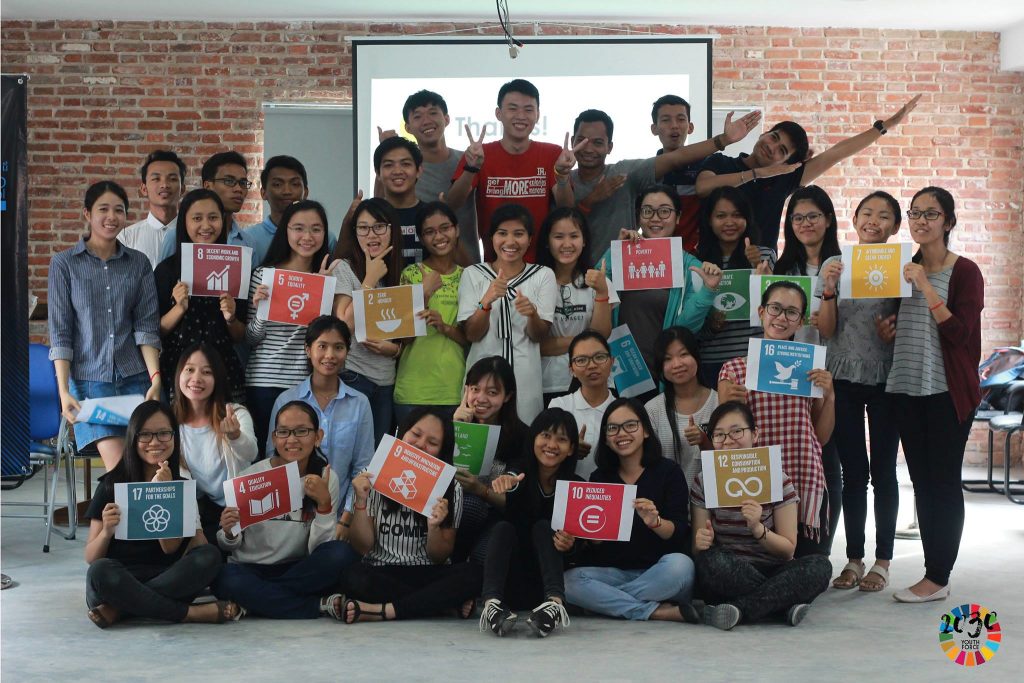The SDG Global Festival of Action shows exactly why lifelong learning matters to the SDG agenda, argues Paul Stanistreet

As young people around the world raise their voices to call for action on climate change, the Sustainable Development Goal (SDG) Global Festival of Action seems especially timely.
This important annual event, which is taking place in Bonn, Germany, is intended to bring together and galvanize campaigners on the SDGs to redouble their efforts, forge new partnerships and, above all, take action to support the global movement for sustainability. The festival encourages leaders from governments, local authorities, international organizations and civil society to work closely with activists, youth advocates, the creative industry and the private sector in scaling up their efforts to make a difference to this critical agenda.
The event sends an important message: unless people are prepared to take action themselves – to campaign, lobby, make changes in their own lives and in their communities, and hold their governments to account for the promises they have made, and do so in a coordinated, coherent way – we will not achieve the SDGs.
Lifelong learning has a critical, but under-explored, role to play in this. It creates safe, forgiving spaces in which people can come together and share perspectives, learn from others and cultivate the skills they will need to advocate for change in their homes, their communities and in wider society. It also promotes health and well-being (SDG 3), helps reduce gender equality (SDG 5), helps people into decent work (SDG 8), supports responsible consumption and production (SDG 12), and promotes climate change mitigation (SDG 13).
These are all important outcomes of lifelong learning, which should prompt policy-makers to prioritize the promotion of lifelong learning in their plans for development. However, lifelong learning also has a role in creating a climate in which people are willing and able to petition for positive change – above all, perhaps, it gives people a sense that another world is possible.
The April issue of the International Review of Education – Journal of Lifelong Learning focuses on these crucial issues, exploring the relationship between lifelong learning and development from a number of perspectives.
Edited by Leona English and Arne Carlsen, its five articles critically evaluate the potential role of lifelong learning in achieving the SDGs, while reflecting on the ways in which lifelong learning is conceptualized, enacted and monitored in the 21st century. The latter point is particularly important as, too often, we take too narrow a view of lifelong learning, as something relevant only to economic renewal, and neglect its wider contribution to sustainability.
The special issue encourages readers to raise questions about how lifelong learning is understood, how it is enacted and how it is measured. With the growing prominence of lifelong learning in policy discourse, the authors argue, comes the risk that the concept will be diluted and its radical potential to transform the world diminished.
As the organizers of the SDG Global Festival of Action realize, momentum is critical to achieving sustainable development. The only way to achieve this is to stimulate and coordinate action, at every level, and to promote new, original and disruptive thinking about how we can best live peacefully and sustainably. Lifelong learning must be at the heart of this work.
You can find out more about our special issue here: https://link.springer.com/journal/11159/65/2
Paul Stanistreet is Head of Knowledge Management and Communications at UIL and Executive Editor of IRE
